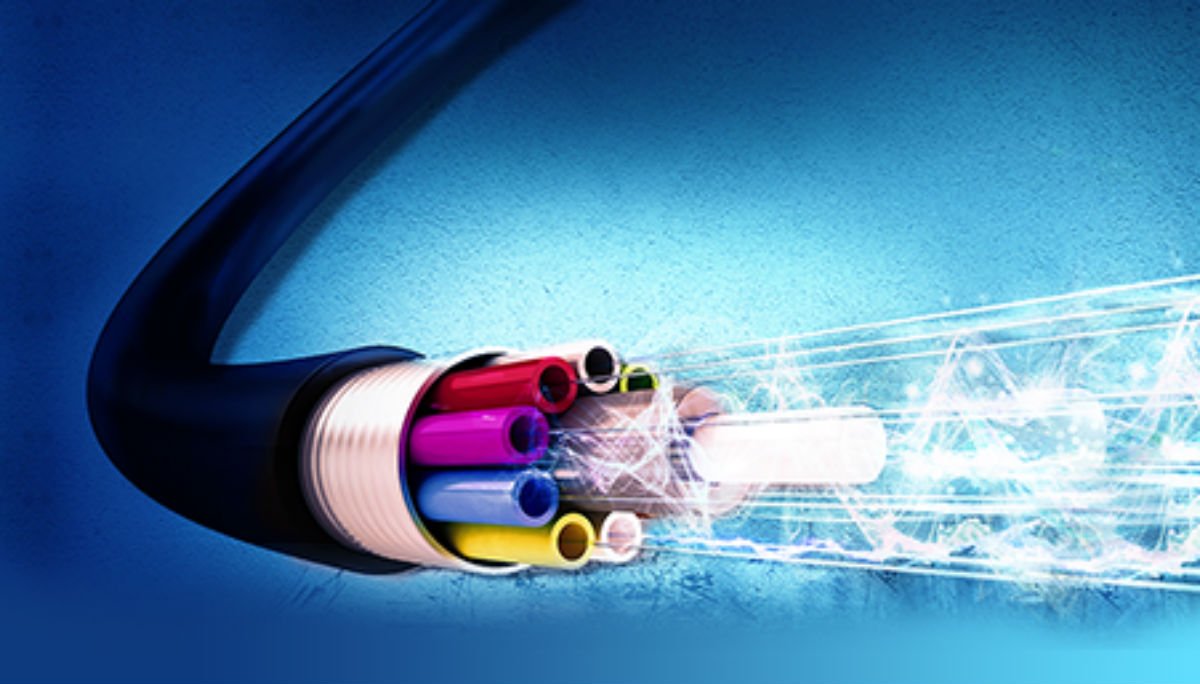Internet speed is as important as the availability of the internet in the first place. You might have an internet connection but it won’t be of any use if you don’t get good speed. There are many factors which affect your internet speed. At the core of those factors lies the kind of internet connection that you have. It is not the internet plan or your router or your firmware, but the kind of broadband connection that you have. Now broadband internet connections are of two types — fibre optic broadband and traditional broadband connection.
Broadband Connection
So the thing is, internet is nothing but data that is received by your computer from another computer with the help of wired connections. Internet has become the center of our lives. The two types of broadband connections are very different from each other. Fibre-optic broadband connections are much faster than the traditional ones. Let’s take a deeper look at the fibre optic broadband connection and traditional broadband connection.
Fibre Optic Broadband Connection vs Traditional Broadband Connection
Now fibre-optic broadband connections were very expensive at a time. You wouldn’t think of getting them for your normal home-usage. But that is not the case anymore. Fibre optic connections have become cheaper. With more demand and more coverage area, Internet Service Providers (ISPs) have managed to bring the cost down and offer their customers fibre optic connections for a slightly more price than the traditional broadband connections. The reason why fibre-optic broadband connection is faster than the traditional broadband connection is the technology each employs. The fibre optic cables are equipped with high-speed fibre cables whereas the traditional broadband connections send data through copper phone lines. The traditional broadband connections are also known as ADSL connections. The ADSL broadband connections are not the best way to receive the internet if you need a very stable and high-speed internet. While it may suffice a small business, it won’t be able to meet the demand of heavy internet usage. One of the best things about fibre optics broadband connection is that it offers up to 10 Gbps symmetrical speeds both for download and upload. Also, with fibre connections, you get a dedicated line which will solely focus on delivering you the best speed for your work. With a dedicated line, you won’t have to worry about latency or data processing. While at the same time, cable internet speeds drop down when there is a high demand for data transferring. You should choose your internet service provider (ISP) very carefully. Be smart while choosing a plan as well. Every decision which you make contributes to the internet experience that you get.
